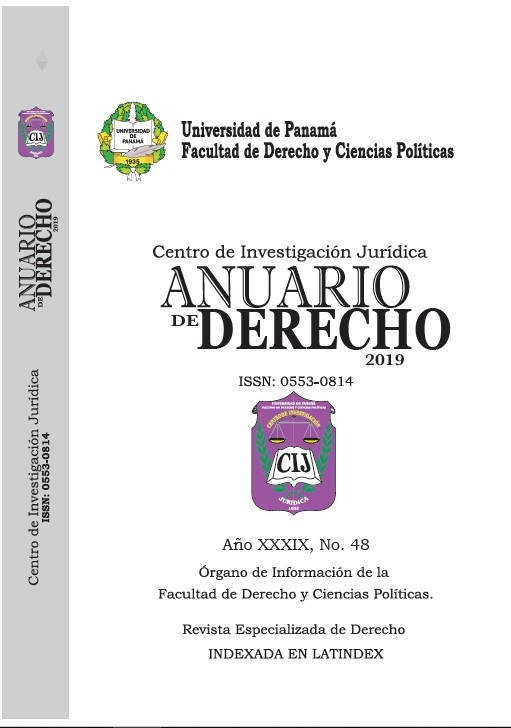

Copyright (c) 2018 Anuario de Derecho

This work is licensed under a Creative Commons Attribution-NonCommercial-ShareAlike 4.0 International License.
The subject we have to deal, with, this time, becomes a reality that is taking such an important role nowadays. This is affecting directly the polemic problem of alimonies attributed to under age children. We’ll make allusion to those extraordinary spending (on allowances) the come out in such an unpredictable way, parallel to observance of statutory provisions concerned with Alimony and its real intention. It’s an obligation, that is presumed, has to be fulfilled by the feeders in a permanent and continuous way. Extra spending occurs, nevertheless, this can’t be contemplated as
extraordinary one, due to the fact that they are generated in a fortuitous process, they have no periodicity as the ones set up into conventional and consuetudinary Alimony’s Law.
¿which is considered as extraordinary spending concerned allowances? To emphasize on the fact, then, we must first of all set up or make a list of real spending that are included and considered into Alimony. Those that a parent (or feeder) should defray or cover every single month. Extra spending that are predictable and precise concerned with the periodical pay making part of the right of foods attributed to under age children. Extra spending or Alimony, as they are known commonly, include necessities and spending of under age children. These are generated since the very moment of it conception, it means, immediately before to the children (or confined). This right of a child is also known as “prenatal feeding Alimony” Lots of legislations consider this really important due to the mother’s halt conditions during the pregnancy. The feeding right for under age children will include usually: foods, clothes, education, halt support and housing.